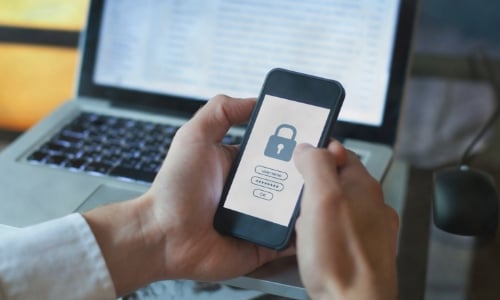
Don't panic.
Easier said than done, but if you're panicking, you're likely to take actions that aren't at all helpful to your situation. Try to remain calm and think things through. You're about to embark on a challenging journey, so it's better to come at it with a level head.
Act quickly.
It's critical to jump into action almost immediately to prevent any more damage from being done. One of the first things you should do is contact the Federal Trade Commission (FTC) Identity Theft Bureau. The Bureau will assist you in the criminal investigation and prosecution against the perpetrator [1]. After you call the FTC, you need to call your bank or credit card issuer to inform them of the matter at hand. They have the power to put the card on hold so it can no longer be used.
Don't be complacent.
It can be a challenge to decide what to do after you've filed a complaint with the FTC. Rather than waiting for problems to come up and then addressing them, be proactive. Actively monitor your finances and credit score to ensure nothing suspicious is happening.
Know Your Rights
Are you aware of the rights that you have as an identity theft victim? Here is a brief summary of your rights, provided by TransUnion:
- You have the right to ask the major credit reporting companies to place a Fraud Alert on your credit report.
- You have the right to obtain documents relating to fraudulent transactions made or accounts opened using your personal information.
- You have the right to obtain information from a debt collector.
- If you believe information in your report results from identity theft, you have the right to ask a credit reporting company to block that information from your credit report. [2]
Stay consistent.
Perhaps the most important point is to remember you're not immune to identity theft happening again. It's important to stay vigilant and be extra careful with your personal information and banking information. Check your financials and credit score frequently.
Sources:
[1] Identity Theft and Data Security, Federal Trade Commission
[2] Fraud Victim Bill of Rights, TransUnion